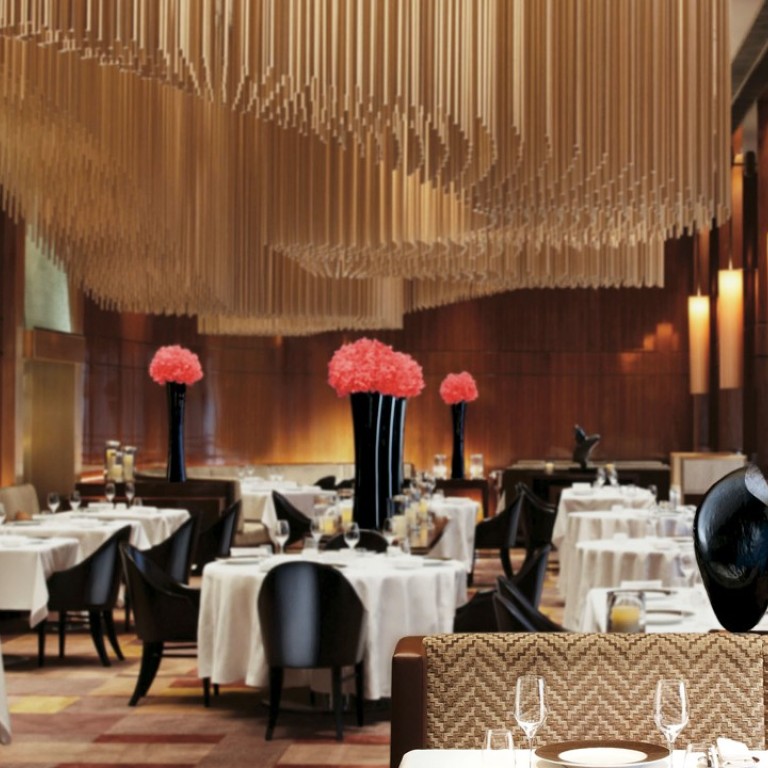
Like Sting with Roxanne and Daniel Craig with 007, Michelin-star Hong Kong chef wants a change
- After 14 years of success, culinary director Richard Ekkebus has closed Amber restaurant to create a new concept
- I can’t wait to see what surprises he comes up with; if you want someone to compete at the highest level, they need to constantly up their game
Richard Ekkebus’ remarkable Hong Kong restaurant, Amber, has closed. It’s just temporary, though: after 14 years, the Dutchman decided he wanted a change, and it has shut for four months as he and the Landmark Mandarin Oriental revamp the space and create a new concept. In my opinion, it’s about time.
Ekkebus is one of the more artistic chefs in the city, always looking to push himself and come up with new ideas, so it’s a surprise it’s taken this long. Talk to any creative person and they’ll tell you the biggest problem with success is people wanting them to do the same thing over and over.
Five books top Hong Kong chef Richard Ekkebus couldn’t live without
This is why Daniel Craig wants to quit James Bond, why Jon Stewart left The Daily Show, and why Sting has had it with The Police reunions.
Singapore’s André Chiang hit a similar wall this year, turning his back on his two-Michelin-star Restaurant André after eight years. Rene Redzepi also closed Noma when it reached 14, before relaunching this summer.
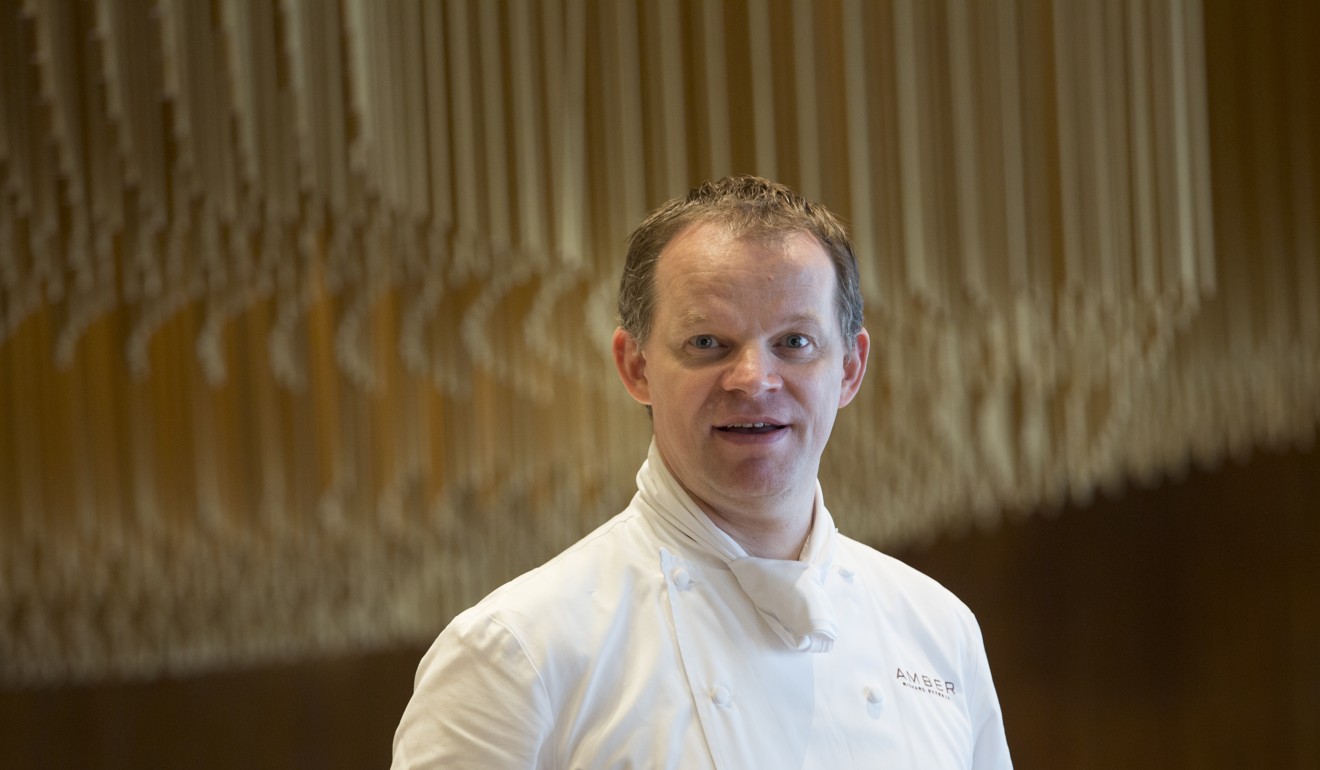
Astute culinary observers know Ekkebus has been itching for new challenges. He has hosted a lot of four-handed collaborations with visiting chef in recent years, suggesting he wants some fresh oxygen in the kitchen. Flying in top chefs from around the world just for one or two dinners makes no economic sense otherwise.
He also attempted to retire one of his oldest and most popular dishes from the menu: sea urchin and caviar with a lobster jelly and cauliflower cream.
Ekkebus had to relent when staunch Amber fans protested and started a tongue-in-cheek “Occupy Amber” movement. I guess this is the culinary equivalent of fans demanding Sting sing Roxanne every time he is on stage.
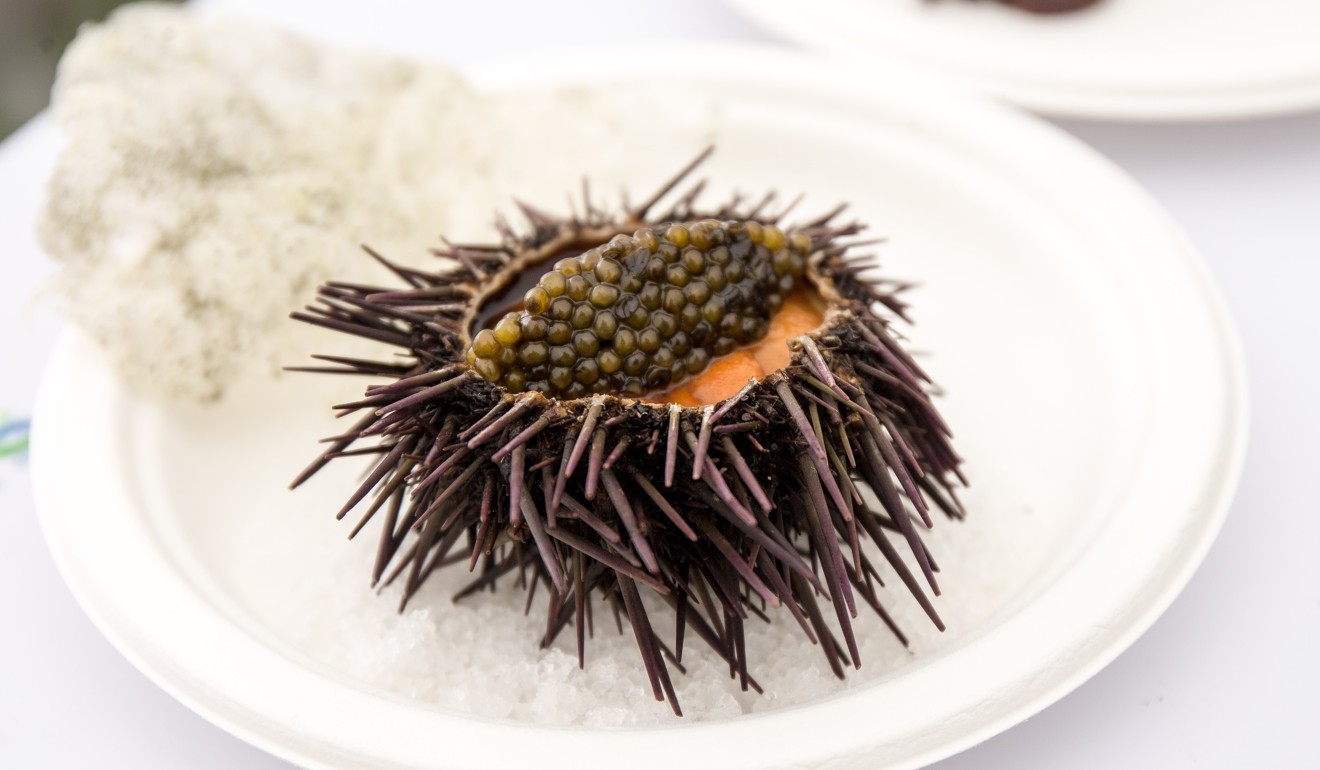
It’s a great dish but, honestly, it’s uni, caviar and lobster. Throw these premium ingredients together in any way and it’s bound to still taste good.
What Ekkebus laments is the drudgery of repeating the same dish and not being able to stretch himself and make another, possibly more elevated, starter with these products.
Bo Innovation’s Alvin Leung feels the same weariness with his molecular xiaolongbao. The chef can’t get rid of the deconstructed dumplings because it’s one of his most successful dishes, but he has been sheepish about its one-note, high- concept gimmickry for a long time.
This is the difference between good cooks and ambitious chefs. There are fine kitchen artisans who are happy to continually refine the same bouillabaisse for years and years. Then there are the tweezer-carrying gastro-artists who constantly want to reinvent the sous-vide wheel.
Do you finish your restaurant meal, bin the scraps or take it home?
Both camps have their worth. Some chefs just want to serve delicious food, others want you to rethink “what is delicious?” and even “what is food?”
These groups’ restaurants have great longevity. By contrast, plenty of restaurants with big name chefs have flamed out even when their food wins awards and accolades. In the hospitality business, innovative gastronomy is usually a bigger risk than steaks and burgers.
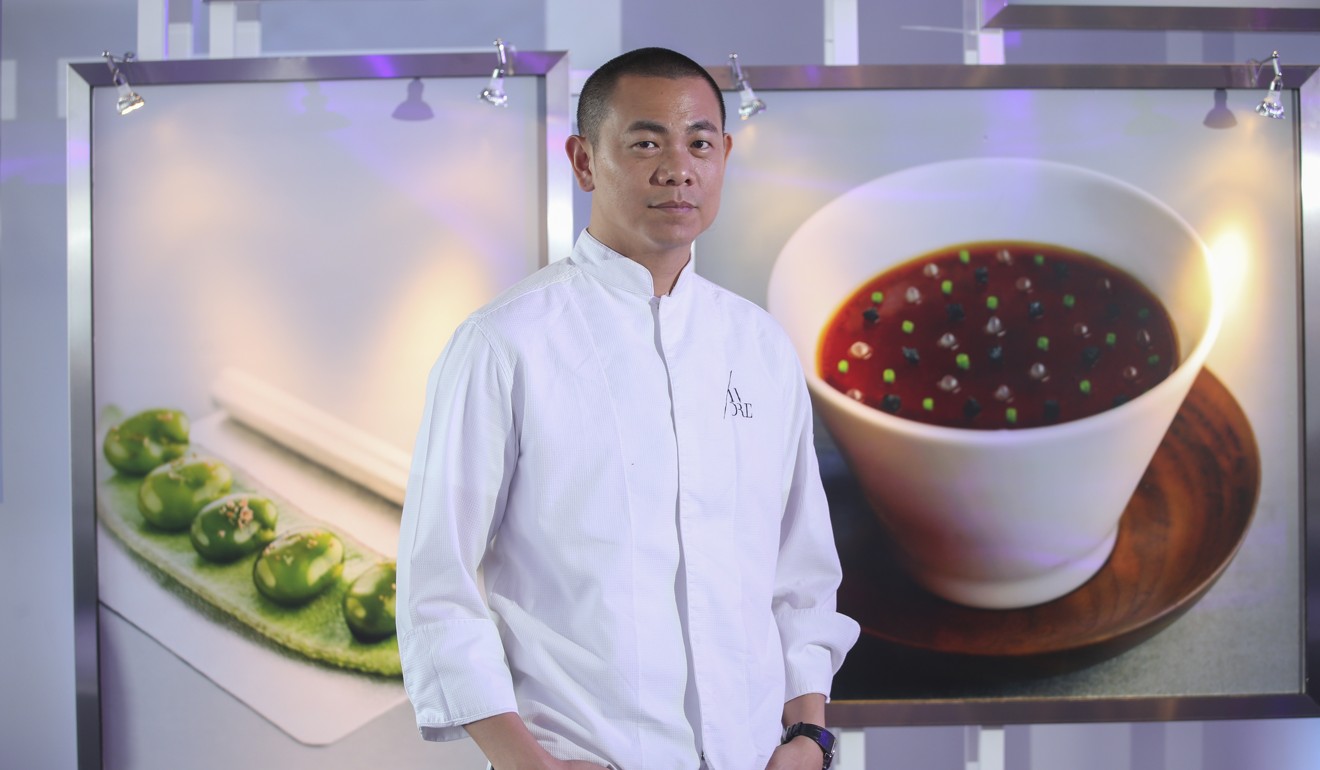
Those who claim to be fans of chef Ekkebus should be happy he is finally dumping the old Amber. If you want someone to compete at the highest level, they need to constantly up their game.
It’s the same reason soccer fans should be happy Ronaldo left Real Madrid for Juventus. He’d accomplished all he could in Spain. It was time to go somewhere else.
Truthfully, if the new Amber is anything like the old one, I will be hugely disappointed. I expect Ekkebus to defy convention and challenge expectations.
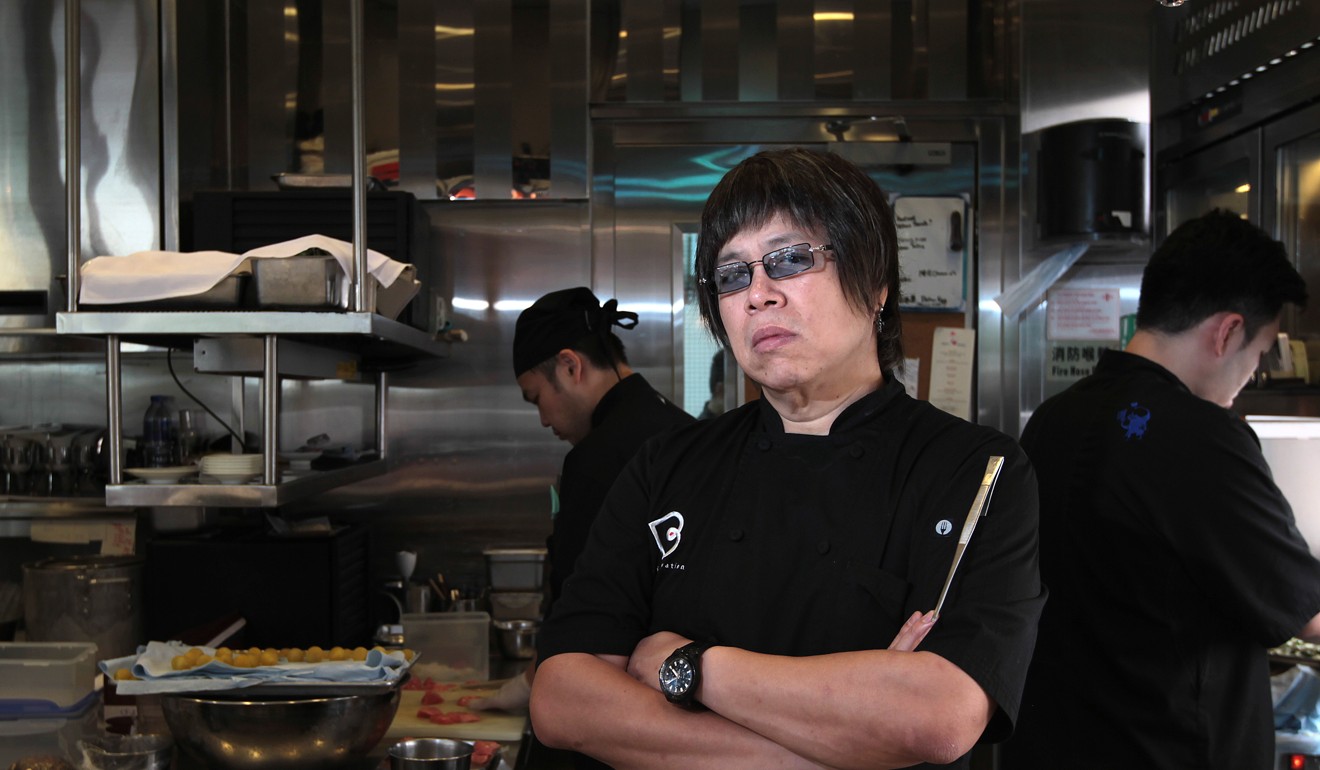
I want him to surprise me with something radical and different. And I don’t mean turning a double-decker bus into a mobile bistro and calling it the Ekke-Bus. That could be fun, but it would also be just a high-concept gimmick.

